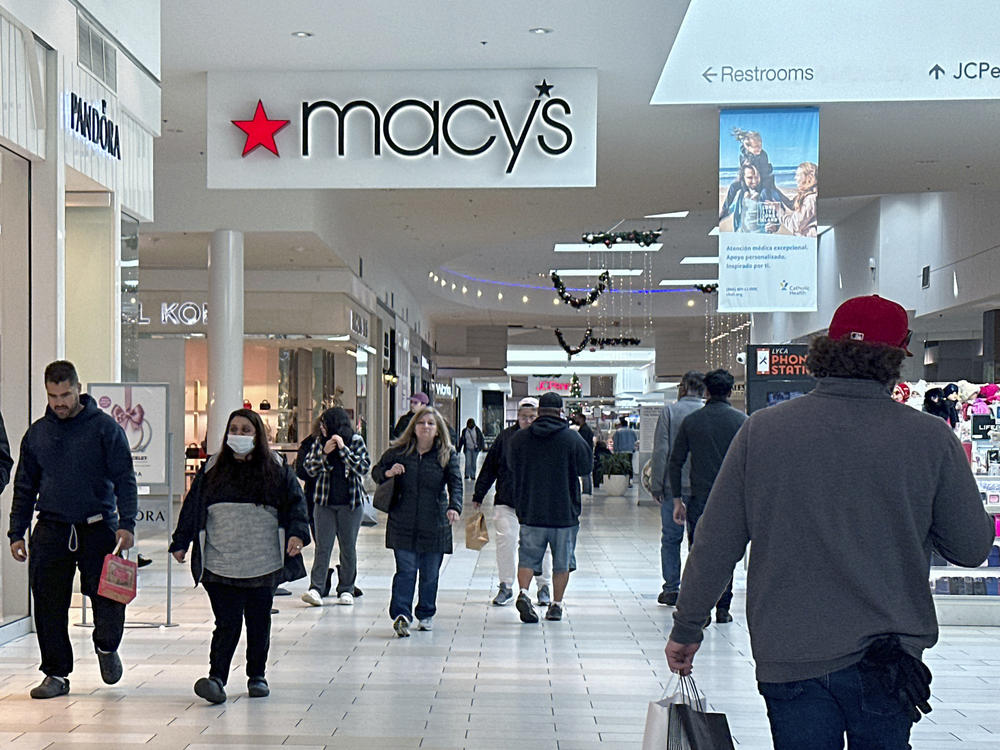Section Branding
Header Content
Why Macy's is closing 150 department stores
Primary Content
Macy's, an anchor of so many shopping malls, plans to close 150 department stores in a bid to reinvigorate sales and shift its public image more toward luxury goods.
The company on Tuesday said it will shutter "underproductive" stores, while opening more of its better-performing, higher-end siblings: Bloomingdale's and beauty-focused Bluemercury. Macy's also plans to add smaller stores at outdoor shopping centers, which have been growing in sharp contrast to indoor malls.
All this is part of a do-or-die task for the quintessential American department store under a brand-new CEO. His plan, dubbed "A Bold New Chapter," appears to acknowledge that Macy's for years has been losing its traditional middle-class shopper — both to the yawning wealth gap dividing America and simply to other retailers, including brands that sell directly online.
Macy's has yet to specify which stores will close, saying only that 50 will shutter this year and the rest by the end of 2026. Chief Executive Tony Spring said these locations accounted for a quarter of the company's square footage but less than a tenth of its sales.
In January, Macy's separately told employees it would shutter five stores and cut 2,350 jobs, around 3.5% of its workforce. This followed several other waves of closing stores and offices in recent years. The scale of layoffs from the newly announced retail closures is unclear. Once they are done, Macy's will have 350 locations — just over half of what it had before the pandemic.
At the same time, the company expects to open 15 new Bloomingdale's and 30 or more Bluemercury stores, in addition to remodeling another 30 Bluemercury locations. Spring told analysts he wants to add a dozen small-format Macy's stores this year to locations outside the traditional mall this year, which would double their count, with plans for more next year.
As it struggles to entice shoppers, the chain also has been battling activist investors. In December, the group of investors launched an unsuccessful $5.8 billion bid to buy out the retailer and take it private. They are now are trying to gain control of the board of directors.
Spring took the helm earlier this month after decades at Bloomingdale's, hoping to steer Macy's back into reliable profitability. He described shopper surveys wishing for "neat, easy and convenient" shopping online and in stores, trendier selections, clearer pricing, more staff to help.
"Our thresholds to keep a store open have become more stringent," Spring told investors on a call on Tuesday. "The core formula for success is ... going back to basics and balancing the art and science of retail by putting the customer first."

